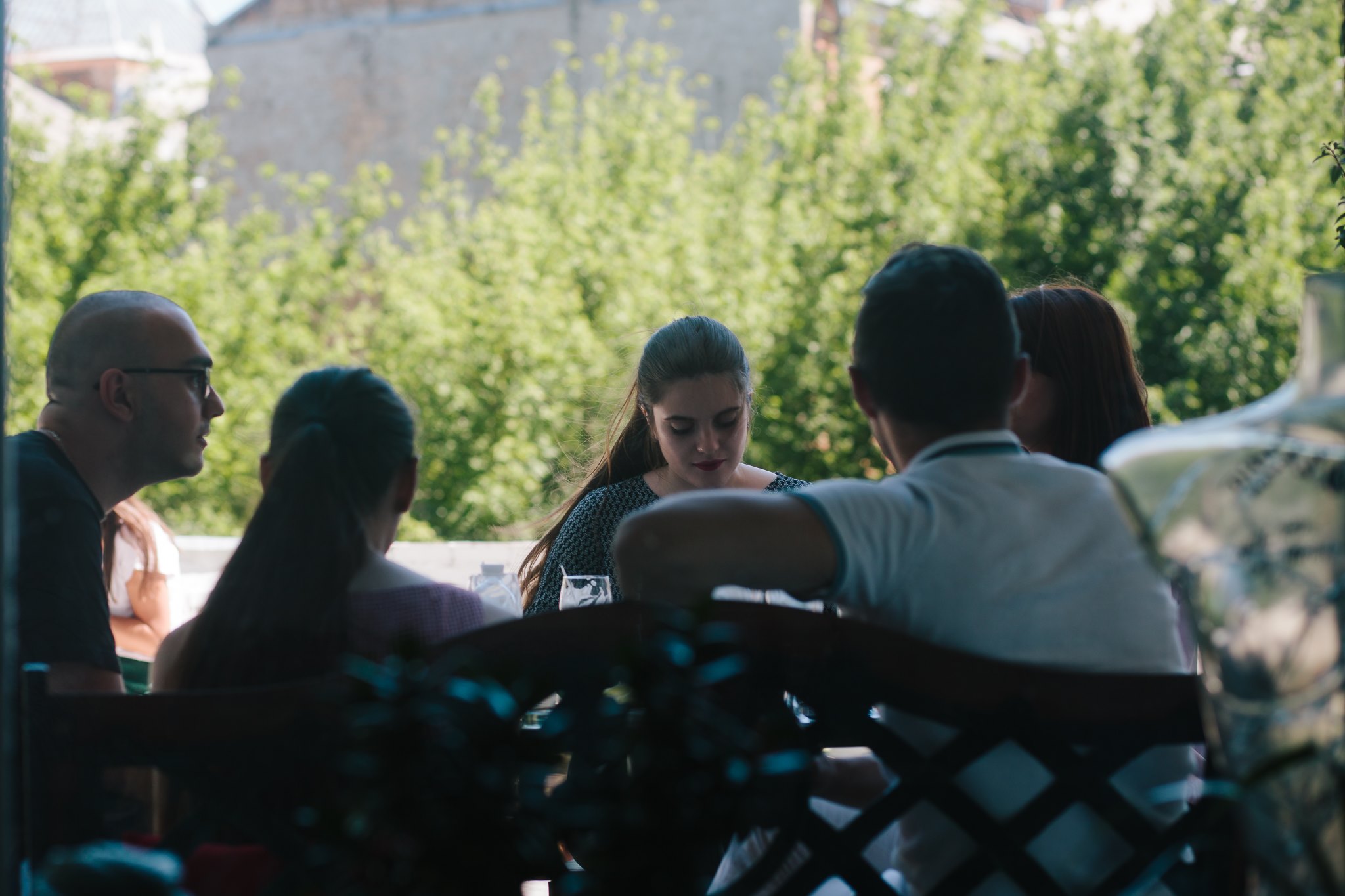space
Eastern Partnership – Eastern Perspectives
10 years Eastern Partnership (EaP) – time to reflect!
The EU’s Eastern Partnership from a grassroots perspective: What are young people’s thoughts in Partnership countries? How is the EaP perceived? What needs to be done?
Armenia, Azerbaijan, Belarus, Georgia, the Republic of Moldova, and Ukraine are the European Union’s Eastern Neighbours – a region in motion, especially in the light of contemporary developments in East-West relations. What is the relationship the European Union (EU) seeks with these actors, and how do they navigate their interests on the geopolitical marketplace the region is subject to? With the 10th anniversary of the Eastern Partnership we are now at a turning point which will determine relations in the years to come. This should motivate us to strive for a comprehensive picture of what is going on: from different perspectives!
When the Eastern Partnership (EaP) was launched in 2009, it was meant to provide a policy-framework through which the EU develops strategic relations with its Eastern neighbours. As a distinct dimension of the European Neighbourhood Policy (ENP), the EaP applies a dual approach, combining on the one hand multilateral cooperation within the region with bilateral relations between individual EaP-countries and the EU on the other. Thus, the partnership aims at pushing structural reforms in the region, as well as economic integration and political association with the EU.
Today, more than 10 years later, the EU takes the initiative to reflect. While the European Commission is evaluating the EaP more or less behind closed doors, we want to open the policy discussion by giving a voice to six young policy-experts from the region. This project neither seeks to ruminate on high-level statements nor to display an overall picture of the EaP. It intends to bring in grassroots perspectives from people on the ground.
Therefore, parallel to the EU’s review process, we will fill the upcoming six weeks until the Eastern Partnership Summit in June 2020 with six individual essays – each focusing on the situation in one of the partner countries. For a brief recapitulation on the EaP, have a look at our brief introductory assessment which sums up the current stage of the initiative from an EU-centered perspective. Our closing statement at the end of this series sums up key messages and thoughts for a fuller picture, enriched by the perspectives presented here.
Photo by European Union, 2017 (detail)
Perspectives
Introduction
Eastern Partnership – how did we get there?

“Our neighbours‘ strength is also the European Union’s strength” – these were the words of the European Union’s (EU) High Representative Josep Borrell when he presented the first outline for future objectives of the Eastern Partnership (EaP) beyond 2020. The EaP constitutes…
Ukraine: Time for the EU to aim high

Коли у 2009 році була запущена ініціатива Східного партнерства (СхП), в Україні її зустріли із часткою скепсису. Вона не обіцяла перспективи членства та об’єднувала…
When the Eastern Partnership (EaP) was launched in 2009, it was perceived with a degree of scepticism in Ukraine. Devoid of membership perspective and bringing together…
Armenia: „A bridge between the EU and the EAEU“

ւելյան գործընկերությունը Հայաստան-ԵՄ խորը հարաբերությունների կարեւորագույնձեւաչափերից մեկն է։ ԵՄ աջակցությունը Հայաստանին` Արեւելյան գործընկերության(ԱլԳ) ծրագրի…
The Eastern Partnership (EaP) is one of the main tools for deep relations between the EU and Armenia. EU support to Armenia, under the Eastern Partnership programme, focuses on…
Georgia: Insights on the EaP’s 10 years anniversary

„აღმოსავლეთ პარტნიორობის“ დაწყებიდან 10 წლის შემდეგ, საქართველო ევროკავშირთან იმაზე მეტად ახლოსაა, ვიდრე ოდესმე. უფრო მეტიც, მის საკვანძო მოკავშირედ და სტრატეგიულ პარტნიორად ჩამოყალიბდა…
Ten years since the launch of the Eastern Partnership, Georgia has come closer to the EU than ever before, becoming a key ally and strategic partner. Despite some bumps on the road…
Azerbaijan: „Cooperation instead of integration“

“Şərq Tərəfdaşlığı” proqramının altı ölkəsi arasında Azərbaycan xüsusi mövqeyə malikdir: Gürcüstan, Moldova və Ukrayna qərbmeylli siyasətə üstünlük verdiyi halda, Ermənistan və Belarus rəsmi olaraq rusiyayönümlü düşərgədədir. Azərbaycan isə bu iki blokun…
Azerbaijan holds an exclusive position amongst the six Eastern Partnership (EaP) countries: while Georgia, Moldova and Ukraine have prioritized pro-Western policies, Armenia and Belarus are officially in the pro-Russian camp. Azerbaijan, however,…
Republic of Moldova: Captured State vs. Success Story

76% vs 38% – așa arată nivelul maxim și nivelul minim al suportului cetățenilor moldoveni pentru integrarea europeană a Republicii Moldova, conform sondajelor de opinie desfășurate pe parcursul ultimelor două decenii. Primul rezultat a fost înregistrat…
76% vs 38% – this is the maximum and minimum level of support by Moldovan citizens for European integration according to opinion polls conducted over the course of the last two decades. The first result was registered in November 2007 when the Party of Communists was governing…
Belarus: „A project that has gained importance“

Усходняе партнерства з’яўляецца важным элементам беларуска-еўрапейскіх адносінаў. Ад пачатку стварэння ініцыятывы ў 2009 годзе ў Мінску яго разглядалі як інструмент, здольны палепшыць устойлівасць дачыненняў з ЕС дзеля…
The Eastern Partnership (EaP) is an important element of Belarusian-European relations. Since the beginning of the initiative in 2009, it has been seen in Minsk as a tool that can improve the stability of relations with the European Union in order to…
Team
space





